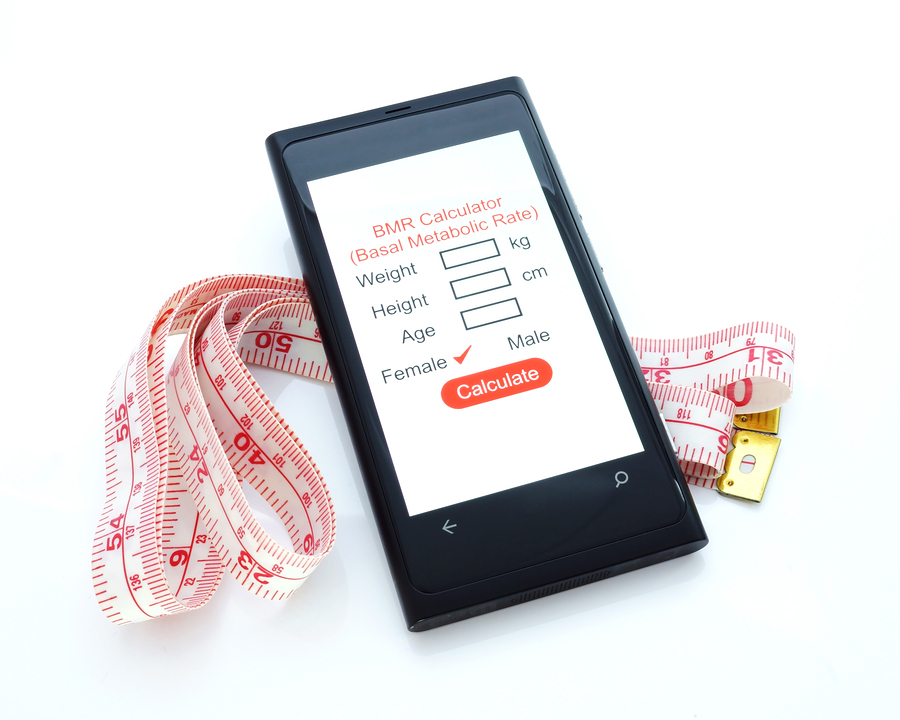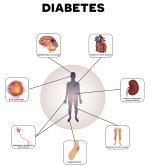Basal Metabolic Rate Calculator
Use our basal metabolic rate calculator to learn how many calories you burn while at rest. Also learn how many calories you burn based on your activity level on a typical day.
What Is My Basal Metabolic Rate?

What Is My Basal Metabolic Rate?
An Individual’s basal metabolic rate refers to the number of calories his/her body burns while at rest. The human body requires some calories simply to pump blood, breath and maintain body temperature. It represents the minimum number of calories an individual requires to survive in the absence of any activity. Literally, basal metabolic rate represents the quantities of calories needed just to stay in bed or sleep all day.
Use Our Basal Metabolic Rate Calculator (below) to Calculate Your BMR Now!
The higher an individual’s basal metabolic rate, the more calories that person burns off without engaging in any sort physical activity. Basal metabolic rate could vary significantly from one person to another. Furthermore, an individual's basal metabolic rate is partially grounded in genetics. Men typically have a higher basal metabolic rate compared to women, because they tend to naturally have both a greater muscle mass and a much lower percentage of body fat.
What Other Factors Effect my BMR?
Hormonal factors can also have some impact on basal metabolic rate. Thyroxin, which is generated by the thyroid gland, is a very crucial factor in basal metabolic rate. If a person does not produce a sufficient quantity of thyroxin, his/her basal metabolic rate will slow. If too much thyroxin is produced, basal metabolic rate can significantly increase by as much as 100 percent. This is the main reason that untreated thyroid problems can sometimes lead to extreme weight fluctuations. Fortunately, thyroxin imbalances can be controlled by medication for most people.
Use Our Basal Metabolic Rate Calculator (below) to Calculate Your BMR Now!
Additionally, regardless of gender or other genetic factors, some individuals naturally have slower metabolisms, and others have higher basal metabolic rates. In addition to the impact of hereditary, basal metabolic rate also can change with age and/or activity level. Generally speaking, the more lean body mass an individual has the higher his or her basal metabolic rate. Conversely, as body fat percentage rises, basal metabolic rate decreases.
Why is Exercise So Important?
One of the main reasons that cardiovascular exercise and weight training play such an important role in weight loss is that these two activities can significantly increase basal metabolic rate. The reason that people have a tendency to gain weight as they age if their exercise levels do not increase, is that basal metabolic rate tends to decrease as they age and naturally starts to lose lean muscle mass. After the age of 22, basal metabolic rate tends to decrease by about almost two percent each year. If calorie consumption remains constant or increases but exercise levels do not increase, weight gain will occur as basal metabolic rate declines with age.
How Does My Weight Effect My Health?
Individuals who are obese or overweight have a high risk for chronic conditions such as diabetes, high blood pressure, and high cholesterol, with diabetes being the most common. An individual that is overweight should try to avoid gaining additional weight and increase their daily activity level.
Additionally, if you are overweight with other risk factors (such as high blood pressure, high LDL cholesterol, or low HDL cholesterol), you should try to lose some weight quickly. Even a small weight loss (just 10% of your current weight) may help in lowering the risk of several diseases, including diabetes. In order to lose weight, you simply need to increase your daily activity or consume fewer calories than those needed to maintain your present weight.
Basal Metabolic Rate Calculator
Our basal metabolic rate calculator computes more than just your BMR! Use this Daily Calorie Calculator to learn your Basic Metabolic Rate as well as the number of calories you burn in a typical day based on our activity level.



New! Facebook Comments
What do you think? Share your thoughts below...